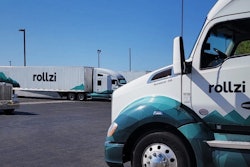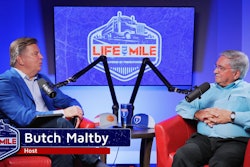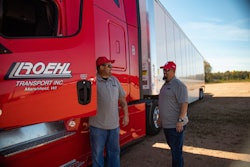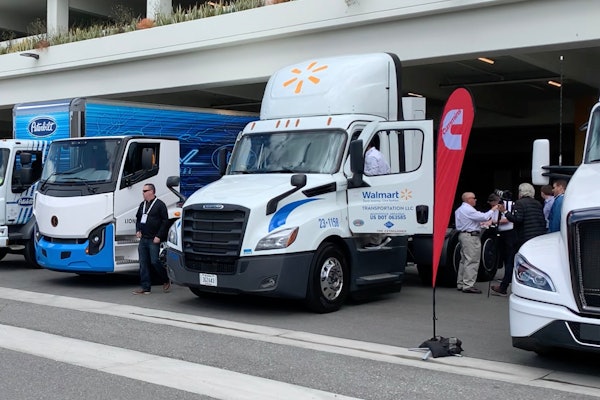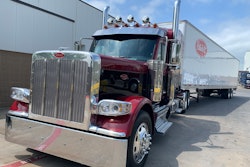CCJ Innovators profiles carriers and fleets that have found innovative ways to overcome trucking’s challenges. If you know a carrier that has displayed innovation, contact CCJ Chief Editor Jason Cannon at jasoncannon@randallreilly.com or 800-633-5953.
Charlie Deull, part of the family that owns and operates the Broadway show-related freight carrier Clark Transfer, experienced the COVID-19 pandemic as an existential business threat. He watched as, quite literally overnight, the entirety of the touring-theater business came an abrupt halt, sidelining a then around 100-unit fleet made up entirely of leased owner-operators.
With around 20% of those 100 trucks helmed by teams, Clark Transfer's roughly 125 total contracted owner-operators were often dedicated to touring shows for months, even years at a time. The company then owned a fleet of 340 or so trailers “custom-designed for entertainment” industry hauling, Deull said. “In the span of about 36 hours” in 2020, then, “all the shows unloaded into about 225 of our trailers. Work stopped,” and life hung in the balance for the entire company and the businesses it supports.
Clark shifted to hauling general freight to an extent, but continued to compensate “those doing general freight like they were doing show work,” Deull said, borrowing money and, ultimately, running losses through it all. “We lost a bunch of money until show business started back up.”
A lot of their leased owner-operator core, too, moved on to other things. When Broadway began to return in earnest the fleet was essentially half its pre-pandemic size, and efforts to recruit were stymied by a mixture of a booming spot market and the reality that Clark’s business, though above-average in owner-op compensation, is below average when it comes to home time and other creature comforts given the touring nature of its freight.
“While we will always get somebody home when they say they need to be” for the most part, Deull said, “it can’t be every week.” Two months, 10 days advance notice, “we can do that.” But it’s just “not compatible with every week, every two weeks. That’s not how touring shows work.”
The company did not want to shift to a powered-equipment-purchasing operation and hire company drivers, as “we for years have believed that the people who made this all happen are amazing owner-operators,” Deull said. Clark, rather, adjusted its leased-owner compensation structure to provide a backstop it believed would add a measure of income security that would be particularly attractive to business owners whose memory of the pandemic was fresh.

